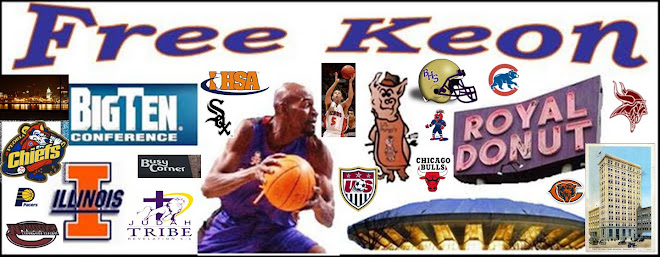Slammin' Sam on Sports Media
Calling all Baseball Fans, calling all Baseball Fans,
With the MLB season less than a week away, it’s time to get down to the nitty gritty at Slammin’ Sam on Sports Media.
Have you ever found yourself watching a baseball game and wondering why a player stole a base during a blowout? Or maybe you watched your favorite hitter at the plate and salivated at his 3-0 count? Those are the kind of questions we ponder this week while reading Jason Turbow and Michael Duca’s new book, “The Baseball Codes.”
As the book’s authors explain, many believe there is a right way and a wrong way to deal with both situations. Matter of fact, there are unspoken but understood rules about much of baseball procedure.
Toward the end of his career, Rickey Henderson swiped a base in a 12-5 contest. The opposing manager became incensed. “I know he’s trying to obtain a record for most runs scored, but do it the right way.” Added Hall of Fame manager Sparky Anderson, “There is no excuse that can be made up to justify trying to show someone up.”
The code dictates that there was no need to pile on in a game that was all but decided. Then again, who is to say when a game is out of reach, given the game’s power surge in recent years? The Mariners once led the Indians 14-2 in the fifth inning, but lo and behold the unthinkable happened. The Indians came from behind to win 15-14. What’s a baseball player or manager to do (Baseball, 17-21)?
In 2006, Torii Hunter faced a 3-0 count. His team already led 8-1, so according to the code, Hunter’s job was to ignore the temptation to add to the opposing team’s misery, in spite of the hitter’s count. Apparently, however, Hunter had not read up on the code lately.
Hunter chose to swing at the pitch and immediately received correction from his manager. “After he swung, I said to him, ‘Torii, you know, with a seven-run lead like that, we’ve got to be taking 3-0.’” Hunter admitted he forgot but he also disagreed. “I wasn’t thinking,” he said. “I was just playing the game. I got caught up in it… I hate that you don’t keep playing the game like you’re supposed to, but you have these unwritten rules that you don’t run the score up on guys.” (28)
F.P. Santangelo broke another code standard in a 1997 lopsided affair. Standing at second base for the second time in the same inning, Santangelo looked like a Macarena performer. He had his arms going every which way, and opposing manager Dusty Baker saw enough. Santangelo’s teammate got the message loud and painfully clear on the next pitch.
Santangelo retorted after the game, “Hey, if you’re dumb enough to let me see [the catcher’s signals], why shouldn’t I take advantage of it?” Interesting, Baker didn’t disagree with that statement. He took issue with something else. “Stealing signs is part of the game. [But] if you get caught, quit.” (159)
There is one time where it is OK, even expected, for a team to pile on. During a fight, the code says that everyone should be involved as a show of team unity. When Troy Percival plunked David Justice in 1999, it was on. Almost every Angel had Percival’s back. TV cameras caught the one exception, Mo Vaughn.
Both Percival and Vaughn sounded off. “I’ll tell you one thing,” Percival said. “I gained respect for certain people, and there are certain people I have to question. You can watch the video and figure it out.” Vaughn took his turn the next day. “I’ve been getting drilled all year. Anyone protecting me?” he screamed.
Did Vaughn violate an unwritten rule? Did his teammates encroach on the code for not looking out for him? Ernie Banks calls the failure to come to teammates’ aid “the ultimate violation of being a teammate.” (228-30)
All these predicaments make me think back to grade school. If you got punished for something, didn’t you feel better when the whole class got punished too?
Sam Miller/Free Keon
Tuesday, March 30, 2010
Subscribe to:
Post Comments (Atom)


![Validate my Atom 1.0 feed [Valid Atom 1.0]](valid-atom.png)
No comments:
Post a Comment